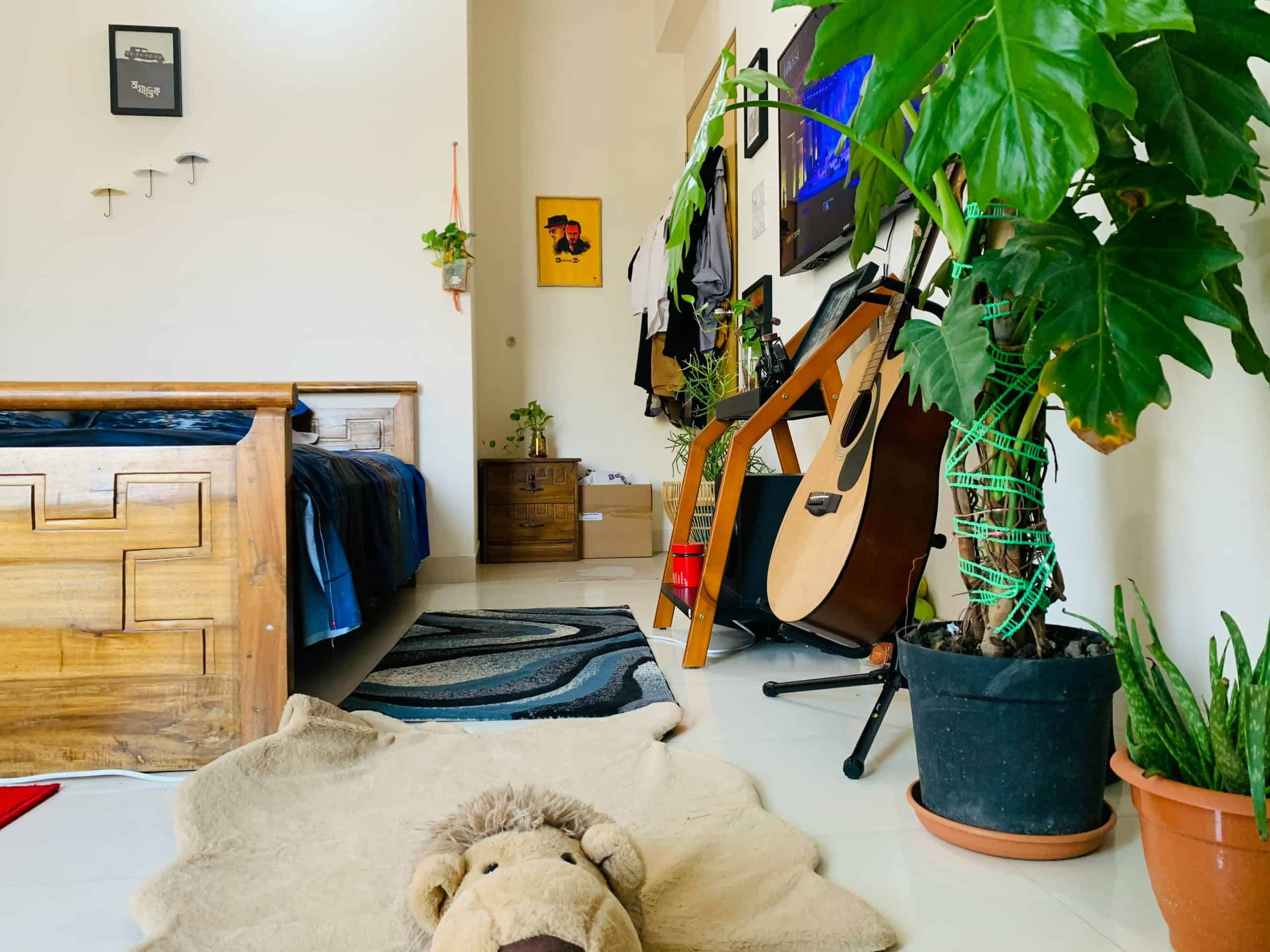Your Lease is King: The First and Most Crucial Check
Before you even dream of potential flatmates or extra cash, your rental contract (contrato de alquiler) is the first place you absolutely must look. This document is the ultimate authority on what you can and cannot do with your rented property. Most standard Spanish rental agreements will have clauses that address subletting.
You’ll typically find one of these scenarios:
- Explicitly Forbidden: Many contracts will clearly state that subletting (subarriendo) or assigning the lease (cesión del contrato) is strictly prohibited. If your contract says this, unfortunately, the answer is a clear “no.” Proceeding anyway could put you in breach of contract, leading to eviction or legal penalties.
- Permitted with Landlord’s Written Consent: This is often the best-case scenario if you’re keen on subletting. The contract might state that subletting is allowed only with the express written permission of the landlord. If this is the case, your next step is to approach your landlord with a formal request. Be transparent, provide details about the potential new occupant, and make sure any agreement is in writing.
- Silent on Subletting: If your contract doesn’t explicitly mention subletting at all, the general rule under Spanish Urban Leases Law (LAU) is that you must still obtain your landlord’s written consent. Subletting without consent, even if not explicitly forbidden, is generally not allowed under the law and can lead to the termination of your lease.
Remember, a verbal “yes” from your landlord isn’t enough. Always get it in writing to protect yourself!
The Legal Lowdown: What Spanish Law Says About Subletting
Beyond your individual contract, Spanish Urban Leases Law (Ley de Arrendamientos Urbanos – LAU) governs residential rentals and is very clear about subletting.
The key points from the LAU (specifically Article 8) are:
- Landlord’s Consent is Mandatory: As mentioned, subletting requires the prior written consent of the landlord.
- Partial Subletting Only: You can only sublet part of the property. You, as the main tenant, must continue to live in the flat. You cannot sublet the entire property.
- Rent Limit: The rent you charge your sub-tenant cannot exceed the rent you are paying to your landlord for the entire property. This prevents tenants from profiting excessively from subletting.
- Duration: The sublease agreement cannot extend beyond the duration of your main rental contract.
If you sublet without proper consent, the landlord has the legal right to terminate your lease and take legal action. This is a serious consequence that could lead to you losing your home and potentially facing fines, so understanding these regulations is paramount.
Tax Implications & Formalizing the Agreement
Okay, so you’ve got your landlord’s written consent, and you understand the legal framework. Now, let’s talk practicalities and finances.
- Tax Obligations: Any income you receive from renting out a room is taxable income in Spain. You will need to declare this on your annual income tax return (Declaración de la Renta). It’s crucial to consult with a gestor (an administrative advisor) or a tax advisor to ensure you’re declaring this income correctly and understanding any potential deductions you might be able to claim. Ignoring tax obligations can lead to significant penalties down the line.
- Sublease Agreement: Even though it’s a “spare room,” it’s highly advisable to have a formal sublease agreement (contrato de subarriendo) with your new flatmate. This document should outline the terms of the rental: rent amount, payment due dates, duration of the agreement, house rules, notice period for leaving, and any shared responsibilities. This protects both you and your sub-tenant. You can find templates online, but ideally, have it reviewed by a legal professional.
- Home Insurance: Check if your existing home insurance policy covers scenarios with a sub-tenant. You might need to inform your insurer or adjust your policy to ensure you’re adequately covered for any potential damages or liabilities.
Renting out a spare room in your Spanish flat can be a fantastic way to ease your financial burden and even enrich your social life. However, it’s a decision that requires careful consideration of your rental contract, a solid understanding of Spanish law, and a commitment to handling the administrative and tax aspects correctly. Do your homework, get everything in writing, and embrace the shared living experience responsibly!
Have you considered renting out a spare room, or have you already done it? What challenges or successes did you experience?
